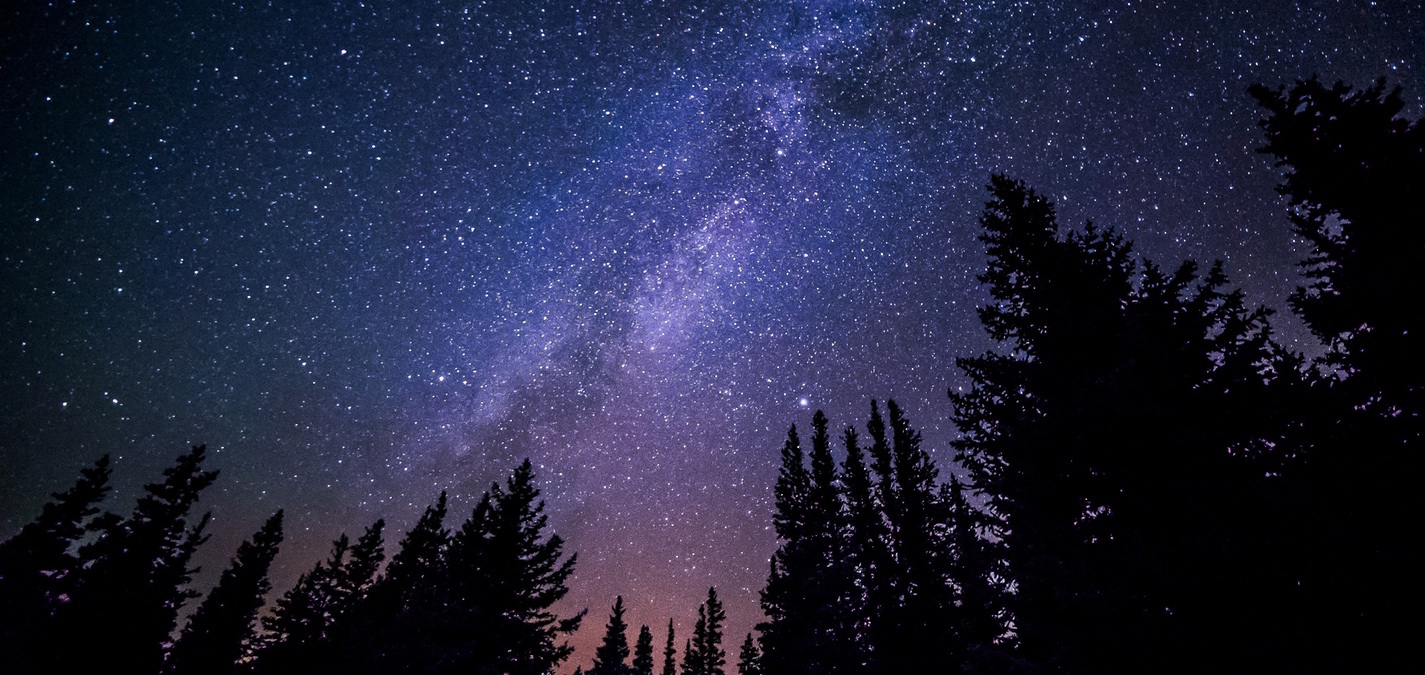by Kelsey Crane
The summer after earning my MS, I worked for the Indiana Department of Natural Resources as a summer naturalist. My mentor taught me that to perform the best interpretive talk, I needed to start with an objective and then decide on the experience I wanted the visitors to have in order to reach that goal. I considered where, when, and how the individuals would interact with the content. Would I guide a hike at night or midday? Through open fields or coarse terrain? I prepared for anticipated scenarios, for rain, for the occasional snake, but nature is unpredictable, and more often than not, I prepared to be flexible.
Teaching at the park felt like a negotiation between nature and me. Once, a bald eagle landed on a tree branch over my shoulder while talking to a group of kindergarteners about birds. Another time, the sky clouded over right before an organized stargazing. I never knew what exactly would happen, but inevitably, the park brought a learning experience more authentic than anything I witnessed in a classroom under the influence of state standards.
Writing, as an authentic, deep learning experience, can draw out an author’s imagination, interaction with a text, or expression of an idea and can carry content, like light, beyond summary to synthesis and creation.
One of the last night hikes I lead was a firefly walk. Lightning bugs are often a childhood memory standard, but people rarely know how endangered they are due to loss of habitat and increase in use of chemical pesticides. At dusk, I led a group to an overgrown trailhead, and as we walked, I asked people to recount their fondest memories of fireflies. We came to a clearing on the edge of the wetland. On our left, we could see up into the woods, and on the right were golden prairie grasses growing out from the soggy soil. We waited silently (and impatiently) for the sky to darken. Starting slowly, the tiny lightning quickened, accompanied by the thunder of frogs settling in for the night. Soon the forest and field vibrated with light, and none of us breathed. On the hike out, everyone in the group wanted to know how they could save the fireflies.
The authenticity of the experience humbled and surpassed me as a teacher. I am so fortunate to teach in a field that can do that, that can intrinsically bring you to life and alert you to its value. To me, these experiences tether us and give us the responsibility that comes with being alive in the world. Writing, as an authentic, deep learning experience, can draw out an author’s imagination, interaction with a text, or expression of an idea and can carry content, like light, beyond summary to synthesis and creation.
When we ask students to write about research they have conducted, compose a response to a meaningful text, or outline, bolster, and refute their own opinions, we ask that they engage in an experience. The experience is what gives purpose to the words they use, and allows them to contribute to the human group something wild. Writing is imperfect and unpredictable, but if we let students and their work expose course content, then the ways we engage with them will have value. Moving forward, I aim to create assignments worth completing in hopes that my students will discover something about the Earth they live with and maybe even themselves.
Kelsey Crane, the WIP TA for GEOL 3020, is a PhD student in the Geology Department studying the tectonic histories of Mercury and Mars. Her research interests include reconstructing timing on global contraction, developing earth analogues for thrust fault related landforms, and tying landforms to extensional and compressional stresses.

